Eligibility for the B.Sc. in Life Science generally requires a high school diploma with a science background, including courses in biology and chemistry. Institutions may have specific grade requirements. The fee structure varies between colleges and universities, with public institutions often
Eligibility & Fee Structure for B.Sc. in Life Science Course
A Bachelor of Science (B.Sc.) in Life Science is an undergraduate degree program that explores the fundamental principles of biology, ecology, genetics, and related fields. It provides students with a strong foundation in the life sciences and opens up various career opportunities in research, healthcare, education, and more. In this article, we will discuss the eligibility criteria and fee structure for pursuing a B.Sc. in Life Science.
Eligibility Criteria for B.Sc. in Life Science
The eligibility criteria for admission to a B.Sc. in Life Science program may vary depending on the institution offering the course. However, there are some common prerequisites and qualifications that applicants should generally meet.
-
Educational Background: Typically, applicants should have completed their higher secondary education (10+2) or equivalent qualification from a recognized board or institution. The qualifying subjects often include biology, chemistry, and physics, but this may vary by university.
-
Minimum Percentage: Many universities have a minimum percentage requirement in the qualifying examination. This requirement varies, but it's often around 50% to 60% in the relevant subjects.
-
Entrance Exams (if applicable): Some institutions may require applicants to take entrance exams designed to assess their knowledge of biology and related subjects. These exams may be used to determine eligibility and to rank candidates for admission.
-
Language Proficiency: Proficiency in the language of instruction, which is usually English, is essential. Applicants may need to provide proof of language proficiency through standardized tests like TOEFL or IELTS if they are not native English speakers.
-
Statement of Purpose (SOP): Applicants may be asked to submit a statement of purpose outlining their motivation for pursuing a B.Sc. in Life Science, their career goals, and how the program aligns with their aspirations.
-
Resume or Curriculum Vitae (CV): Providing a resume or CV that highlights academic achievements, relevant coursework, and any related experiences can strengthen an applicant's profile.
-
Letters of Recommendation: Some institutions may request letters of recommendation from teachers or professionals who can vouch for the applicant's academic abilities and potential for success in the program.
-
Country-Specific Requirements: Depending on the country and institution, there may be additional eligibility criteria or specific requirements for admission. Prospective students should carefully review the admission requirements of the institution they wish to apply to.
Fee Structure for B.Sc. in Life Science
Understanding the fee structure for a B.Sc. in Life Science is essential for prospective students to plan their finances and make informed decisions about their education. The fee structure can vary significantly based on factors such as the university's location, whether it is a public or private institution and the program's duration. Here are the key components of the fee structure.
-
Tuition Fees: Tuition fees are the primary cost associated with the program and cover the cost of instruction, access to faculty expertise, laboratory facilities, and course materials. Tuition fees can vary widely among universities and colleges.
-
Registration and Enrollment Fees: Some programs require students to pay a one-time registration or enrollment fee at the beginning of their studies. This fee is typically non-refundable.
-
Course Materials: Students may need to purchase textbooks, laboratory equipment, and supplies for experiments and practical work in biology and related subjects.
-
Laboratory Expenses: Depending on the program, students may have access to biology and life science laboratories for hands-on experiments and research. Laboratory fees may apply.
-
Field Trips (if applicable): Some programs include field trips to ecosystems, wildlife reserves, or research stations. Students may need to cover the expenses associated with these trips.
-
Examination Fees: Students may need to pay examination fees for assessments, practical exams, and evaluations.
-
Accommodation and Living Expenses (if applicable): If students are relocating to study at a university away from their hometown, they should budget for accommodation, food, transportation, and other living expenses.
-
Financial Aid and Scholarships: Prospective students should inquire about available scholarships, grants, and financial aid options to help offset the cost of their education. Some institutions offer merit-based scholarships for exceptional students.
-
Payment Plans: Many universities offer flexible payment plans, allowing students to pay tuition and fees in instalments rather than in a lump sum.
-
Additional Costs: Students should also consider potential costs associated with extracurricular activities, transportation, and personal expenses.
 3 Years
3 Years
 Under Graduate
Under Graduate
 Science
Science


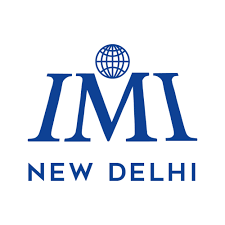
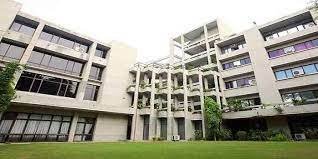

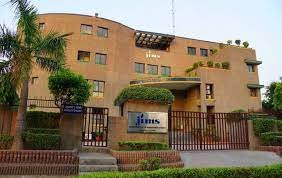
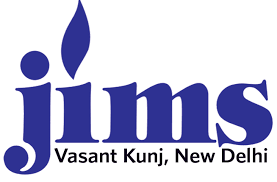
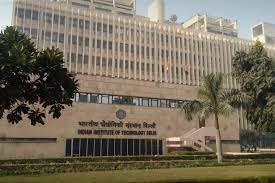
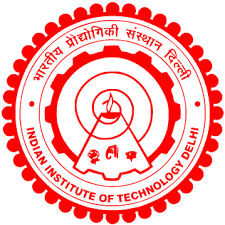
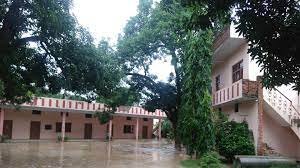
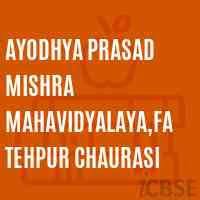
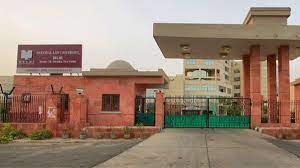


 back
back

